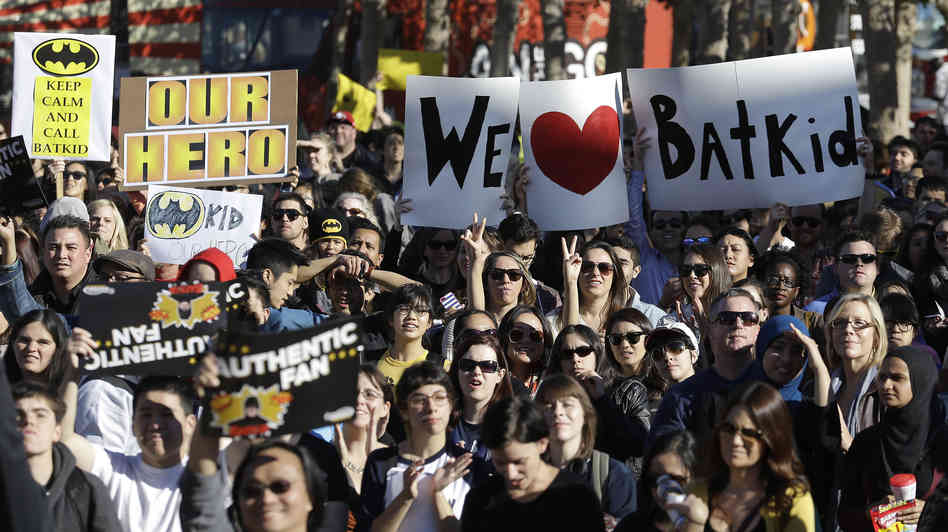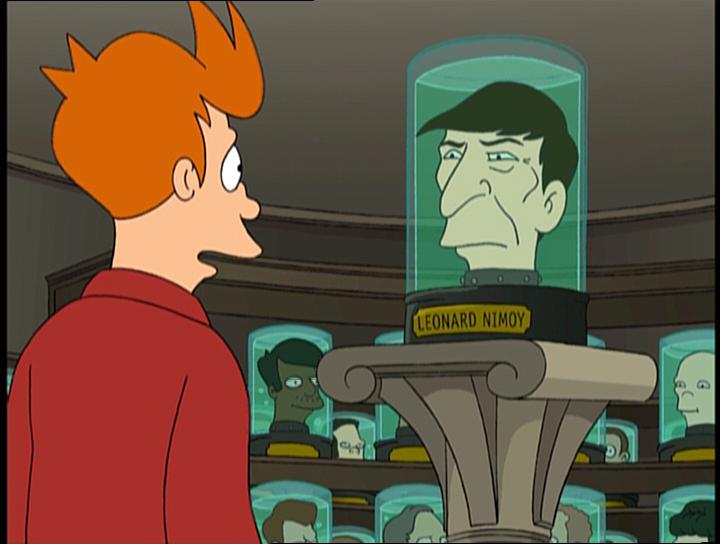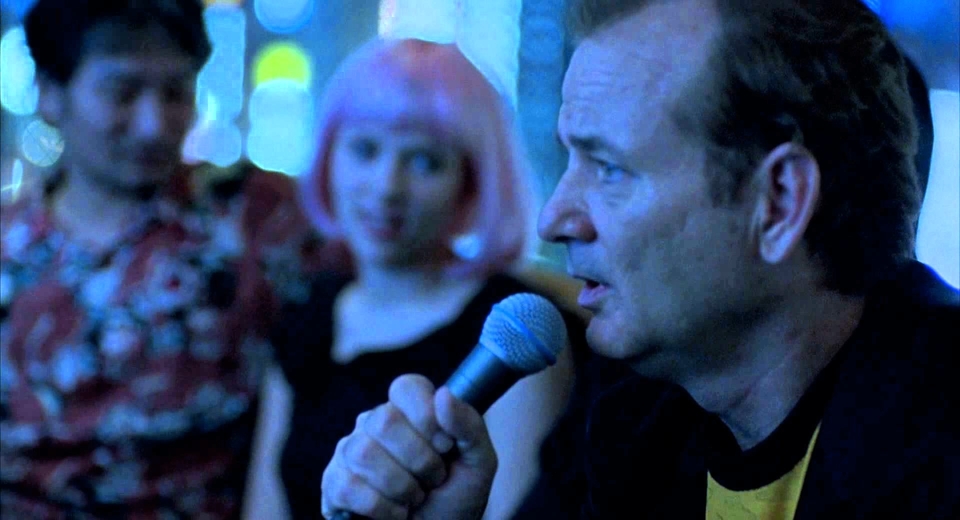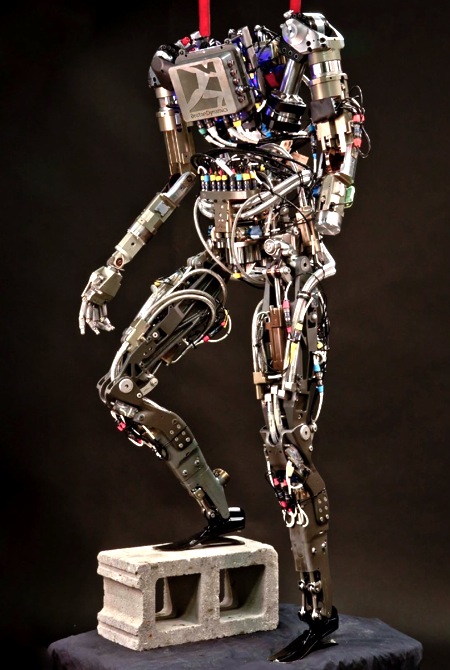
Moral philosopher Peter Singer is a bothersome man, a stickler, a provider of inconvenient truths. He’s the humanist who’s tough to take. But if you were sick or impoverished, you’d want him on your side.
Two excerpts: The opening of his new Washington Post editorial about the Make-a-Wish Batkid celebration in San Francisco and the beginning of “The Dangerous Philosopher,” Michael Specter’s 1999 New Yorker profile of the ethicist.
From WaPo:
“You’d have to be a real spoilsport not to feel good about Batkid. If the sight of 20,000 people joining in last month to help the Make-A-Wish Foundation and the city of San Francisco fulfill the superhero fantasies of a 5-year-old — and not just any 5-year-old, but one who has been battling a life-threatening disease — doesn’t warm your heart, you must be numb to basic human emotions.
Yet we can still ask if these basic emotions are the best guide to what we ought to do. According to Make-A-Wish, the average cost of realizing the wish of a child with a life-threatening illness is $7,500. That sum, if donated to the Against Malaria Foundation and used to provide bed nets to families in malaria-prone regions, could save the lives of at least two or three children (and that’s a conservative estimate). If donated to the Fistula Foundation, it could pay for surgeries for approximately 17 young mothers who, without that assistance, will be unable to prevent their bodily wastes from leaking through their vaginas and hence are likely to be outcasts for the rest of their lives. If donated to the Seva Foundation to treat trachoma and other common causes of blindness in developing countries, it could protect 100 children from losing their sight as they grow older.
It’s obvious, isn’t it, that saving a child’s life is better than fulfilling a child’s wish to be Batkid? If Miles’s parents had been offered that choice — Batkid for a day or a cure for their son’s leukemia — they surely would have chosen the cure.”•
From Specter’s profile:
“Peter Singer may be the most controversial philosopher alive; he is certainly among the most influential. And this month, as he begins a new job as Princeton University’s first professor of bioethics, his unorthodox views will be debated in America more passionately than ever before. For nearly thirty years, Singer has written with great severity on subjects ranging from what people should put on their dinner plates each night to how they should spend their money or assess the value of human life. He is always relevant, but what he has to say often seems outrageous: Singer believes, for example, that a human’s life is not necessarily more sacred than a dog’s, and that it might be more compassionate to carry out medical experiments on hopelessly disabled, unconscious orphans than on perfectly healthy rats. Yet his books are far more popular than those of any other modern philosopher. Animal Liberation, which was first published in 1975, has sold half a million copies and is widely regarded as the touchstone of the animal-rights movement. In 1979, he brought out Practical Ethics, which has sold more than a hundred and twenty thousand copies, making it the most successful philosophy text ever published by Cambridge University Press.
Singer laid out his brutally frank approach to ethics in his first major paper, ‘Famine, Affluence, and Morality,’ which has become required reading for thousands of university students. ‘As I write this in November 1971, people are dying in East Bengal from lack of food, shelter, and medical care,” Singer’s essay began. ‘The suffering and death that are occurring there now are not inevitable, not unavoidable.’ The problem, he explained, is a result of the moral blindness of rich human beings who are far too selfish to come to the aid of the poor.
Following in the tradition of the eighteenth-century moral philosopher William Godwin–who asked, famously, ‘What magic is there in the pronoun `my’ to overturn the decisions of everlasting truth?’–Singer argues that proximity means nothing when it comes to moral decisions, and that personal relationships don’t mean much, either. Saving your daughter’s life is a fine thing to do, for example, but it can never measure up to saving the lives of ten strangers. If you were faced with the choice, Singer’s ethics would require you to save the strangers. ‘It makes no moral difference whether the person I can help is a neighbor’s child ten yards from me or a Bengali whose name I shall never know, ten thousand miles away,’ he wrote in his essay. Singer believes we are obliged to give money away until our sacrifice is of ‘comparable moral importance’ to the agony of people starving to death. ‘This would mean, of course,’ he continued, approvingly, ‘that one would reduce oneself to very near the material circumstances of a Bengali refugee.’
Singer’s views on animal rights are even bolder: he calls man’s dominion over other animals a ‘speciesist’ outrage that can properly be compared only to the pain and suffering ‘which resulted from the centuries of tyranny by white humans over black humans.’ For Singer, that ‘tyranny’ is one of the central social issues of our age. Yet what has brought him infamy is his radical position on an even more compelling set of moral questions: how to cope with the borders between birth, life, and death in an era when we are becoming technologically capable of controlling them all.”•




























